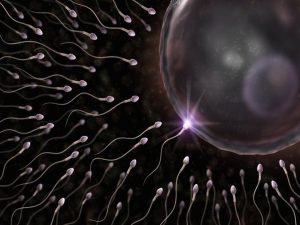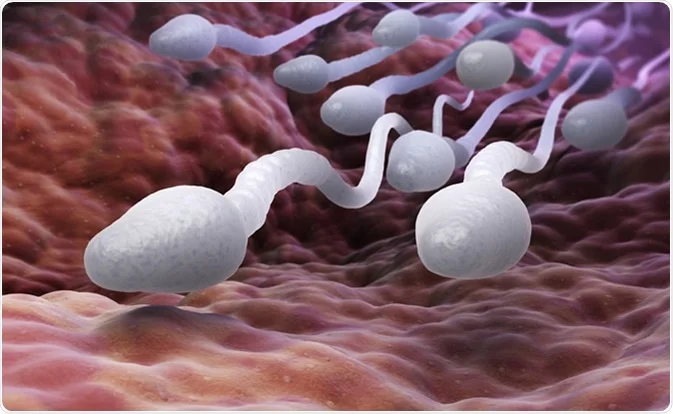Cryopreservation is a process where cells or whole tissues are preserved by cooling to low sub-zero temperatures, such as −196 °C. In the case of dairy bull semen, cryopreservation is a common method used to preserve the sperm cells for artificial insemination (AI) purposes. Maintaining the quality of cryopreserved dairy bull semen along the supply chain is crucial to ensure successful AI outcomes.
Artificial Insemination (AI) is a valuable breeding management tool available to cattle breeders and is needed to improve the genetic potential of their herds. The AI process involves semen collection from male animals, processing, cryo-storage, and artificial introduction into the female reproductive tract to influence conception. The optimal use of genetically superior bulls through AI is highly dependent on precise seminal quality which allows for the estimation of bull fertility.
A researcher from the Department of Animal Aquaculture and Range Sciences, SUA. Department of Veterinary Surgery and Theriogenology, SUA, National Insemination Centre (NAIC), and Tanzania Dairy Board (TDB), conducted an intensive research on the Quality of Cryopreserved Dairy Bulls Semen along Supply-Chain Used for Artificial Insemination in Tanzania. Several factors are said to influence semen quality in breeding bulls. This research was carried out to investigate the effect of season and cold value chains on semen quality parameters. A total of 1652 semen production records from 2018 to 2021 from 10 dairy bulls preserved at the National Artificial Insemination Centre (NAIC), USA River, Arusha, Tanzania, and 540 cryopreserved semen examined were analyzed using Analysis of Variance (ANOVA) and the results were expressed as mean ± standard error of the mean using statistical analysis system (SAS, 2004), to determine whether there were significant differences among variables tested.
All semen traits (VOL, SPC, PM, TM, PM, TM, VER, MP, and HP) were significantly (P <0.05) affected by season and cold value chain. During the cold season, the highest values of SPC, PM, TM, PM, TM, VER, MP, and HP were observed as compared to that of the warm season. Furthermore, semen quality decreased gradually from pre-state (before freezing) to post-state (after freezing for 48 hours) with minor affection for semen motility. There was a higher decrease (P <0.05) in quality from cryo-stored semen straw to those of the same batch retrieved back from the field. The semen quality parameters were satisfactory in the first three stages when compared to the semen straw from the field which was observed to have poor motility which could be due to poor handling, leakage of storage and transportation containers, and sometimes the delay of refilling the LN2.
Finally, during the cold season and in all stages of semen production the semen is qualitatively and quantitatively good. Maintaining the quality of cryopreserved dairy bull semen demands a combination of scientific knowledge, technological advancements, and stringent quality control measures throughout the supply chain. Collaboration between scientists, veterinarians, and AI technicians is essential to ensuring the success of artificial insemination programs in dairy farming.

For more details: Click here
Ngoda, P., Kashoma, I., & Msalya, G. (2023). A Semen quality of progeny-tested breeding bulls maintained at the National Artificial Insemination Centre, Arusha, Tanzania. East African Journal of Science, Technology and Innovation, 4(3). DOI https://doi.org/10.37425/eajsti.v4i3.612
The Department of Animal, Aquaculture, and Range Sciences
The College of Agriculture, Sokoine University of Agriculture
Share this page



